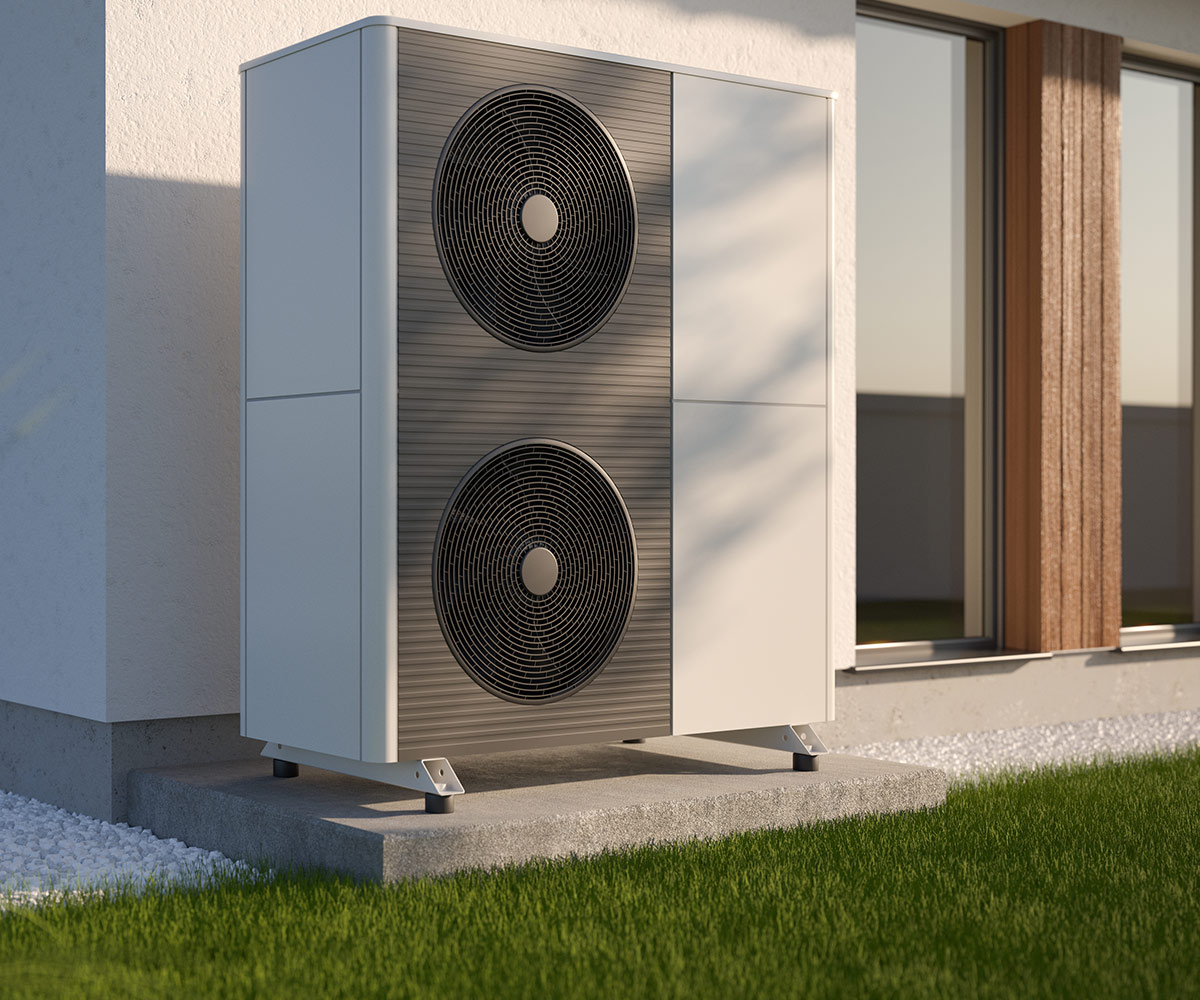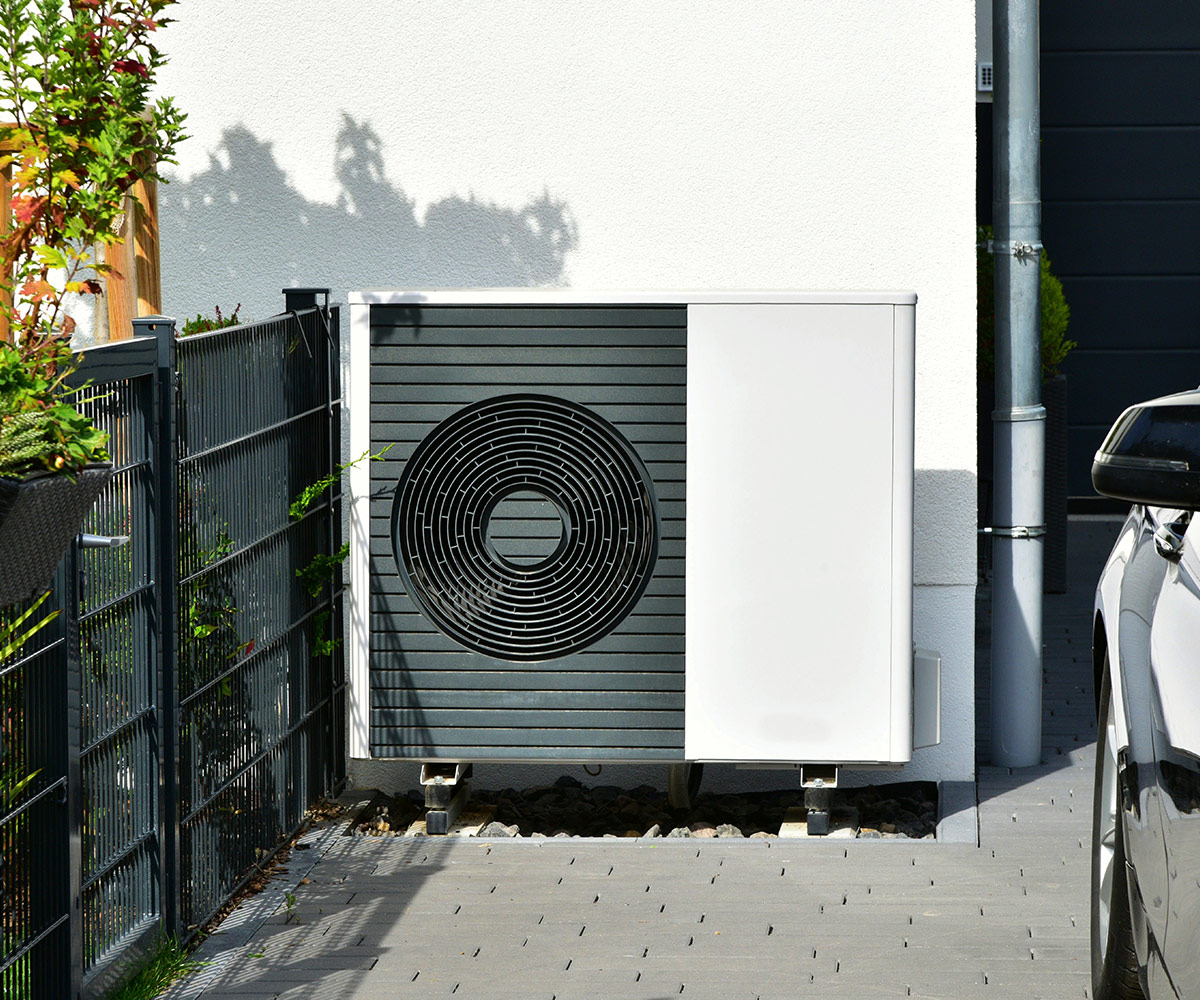Air Source Heat Pumps are a popular and efficient heating solution for many households, providing warmth and comfort while reducing carbon emissions. When it comes to installing an Air Source Heat Pump, one of the key considerations is determining the best position for optimal performance. We will always advise on the best positioning of where the pump should be positioned.
An Air Source Heat Pump extracts heat from the outside air and distributes it throughout the house through various heating systems such as underfloor heating, radiators, and convectors.
Air source heat pumps have gained popularity as a greener and more energy-efficient heating system. They absorb heat from the outside air and use it to heat radiators, underfloor heating systems, and hot water for your home.
The Coefficient of Performance (COP) is a fundamental concept that measures the efficiency of a system in transferring energy. For ASHPs, the COP represents the ratio of the heat energy generated to the electricity consumed.
Air Source Heat Pumps (ASHPs) are highly reliable and efficient heating systems that can provide long-lasting comfort to your home. However, like any major piece of equipment, regular servicing and maintenance are essential to ensure optimal performance and extend the lifespan of your ASHP.
A popular question we often get asked is how noisy are Air Source Heat Pumps? Most of us have heard the loud, unpleasant sound that an air conditioner makes as we have walked past one. That is not the case with the Air Source Heat Pumps that we install, though.
Air Source Heat Pumps (ASHPs) have gained significant popularity among UK homeowners due to their renewable heating capabilities. If you’re considering making the switch to sustainable heating, you may be curious about the installation process and what it entails
Air Source Heat Pumps (ASHPs) are becoming increasingly popular as a sustainable and cost-effective heating solution for homes. However, there are several misconceptions and misunderstandings surrounding these systems.
In an effort to accelerate the decarbonisation of buildings, the Boiler Upgrade Scheme (BUS) is launched in Spring 2022. This scheme aims to provide upfront capital grants to support the installation of low-carbon heating technologies, such as Heat Pumps and biomass boilers, in homes and select non-domestic buildings.
In recent years, the rising cost of energy has placed a significant burden on households. With the recent energy price cap, the average household can expect to pay £1971 a year for gas and electricity. This represents a staggering increase in gas prices compared to a few years ago which makes the future of home heating seem quite bleak.











